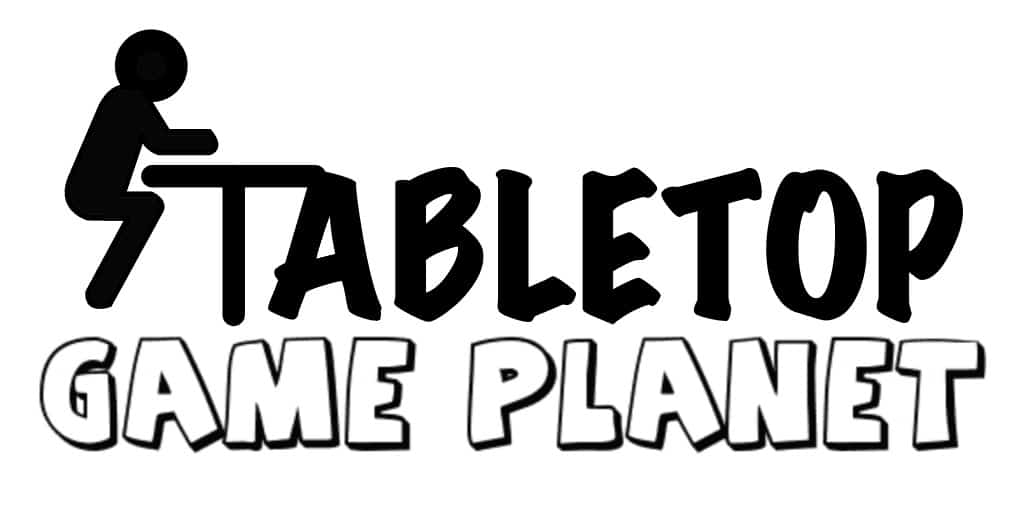Players use their turn in the scrabble game to form a word, exchange tiles, or pass the play to the next player if the tiles in their rack can’t form a word. Each player is assigned seven tiles face down on their rack, and tiles can only be refilled after being used to form a word.
Players are not always able to form a word using the tiles they drew at the beginning of the game. When that situation happens, the player can’t go for their next turn.
What do you do if you can’t go in Scrabble? As long as the player still has their seven tiles on the rack, they can exchange the unplayable tiles with the hope they will receive a more playable selection.
For instance, if a player has a collection of consonant tiles in their rack, they can trade 3 or 4 tiles with the unused tiles in the draw pile to try and get a couple vowels they can use to form long words.
However, sometimes tiles are not enough in the rack for trading, yet the remaining tiles cannot form the word. When that happens, the player has to pass the turn to the next player and see whether the opponent player will form a word they can build on using the tiles they have during their next turn.
Before passing a turn, ensure there is no possibility of any word from the available tiles. Again, some words in the Scrabble game do not require a vowel, and someone can be mistaken to skip a word thinking there is no possibility due to lack of vowel.
Expert players can turn things around and make words from a bad rack to their advantage. Beginners can be tempted to keep some letters, especially highly valued pint totals, with the hope of being patient until from they see a word to, which can lead to a situation where you can’t go. That’s why it’s advisable to use tiles anytime a chance a rise.
Can you use a dictionary in Scrabble?
Yes, players can use a dictionary to find challenging words to solve disputes, provided all the players agree on it at the start of the game. However, players are not typically allowed to consult a dictionary to correct their spelling because it is considered cheating in Scrabble.
Dictionary is only used when solving the dispute in case one player challenges another player’s spelling as incorrect. The stake in question is that one player loses once the dispute is settled for a challenge.
Whoever loses the petition has consequences, loss of a turn for the challenger, or the word is removed if it was misspelled.
Under house rules, players are free to do what they want when it comes to dictionary rules, provided they agree on it before the game is underway. However, in the official tournament use of a dictionary is strictly verboten.
Any time a player wants to challenge another player’s word, they have to consult the OWL (Official Word List).
Can you pass in Scrabble?
Yes, a player can pass their turn if they don’t have enough tiles to do trading, and the tiles they have cannot form a word. They forfeit the turn and pass to the next player, hoping the gameplay will change if they place a word that favors the player who passed.
If the same player passes twice in a row, the game ends, and the player who has the highest points gets a win.
Even if players are allowed to pass, it’s not a good move since no points are earned during the turn. Again, there is no chance of improving the rack since no new tiles are brought, but instead, the player depends on another player’s gameplay which can turn out either good or bad.
There is always a chance to trade the unplayable rack with new tiles. Trading allows the player to pass yes, but at least form a word with a better selection in the upcoming round.
What happens when nobody can play Scrabble?
It depends on the two scenarios where a player can play in a Scrabble game.
First, if nobody can make a move for lack of playable tiles, the game ends, and each player has to add the total value of the unused tiles in their rack. They will then subtract the tally from the total points scored up to that point and the player with the highest score after the subtraction wins the game.
If the game ends because one player runs out of tiles and no more tiles are available from the pool, the total points from all the opponent player’s racks are added to the player’s score.

Skipping Turns in Scrabble: Conclusion
A player cannot play Scrabble if they don’t know the rules. House rules vary from one place to another, so it’s important to go through the scrabble rules before the game begins.
In Scrabble, it’s not all about earning high scores, but rather taking chances when they come. Many people make mistakes trying to keep high valued tiles until they get an opportunity to form a word using them.
Players cannot predict the game’s flow, and keeping tiles makes the rack rigid with time.
Yes, players are allowed to skip a turn in Scrabble, but that should be the last option to consider at any point. No points are earned in a pass, and more so, no change in tiles.
A player should instead trade some tiles in the bag to get playable letters as long as they have sufficient tiles for exchange. Nothing worse in a Scrabble game than waiting for another player’s move to determine the fate of your next move.
If you are going to skip your turn, at least get a couple fresh tiles to try and formulate new words with.
